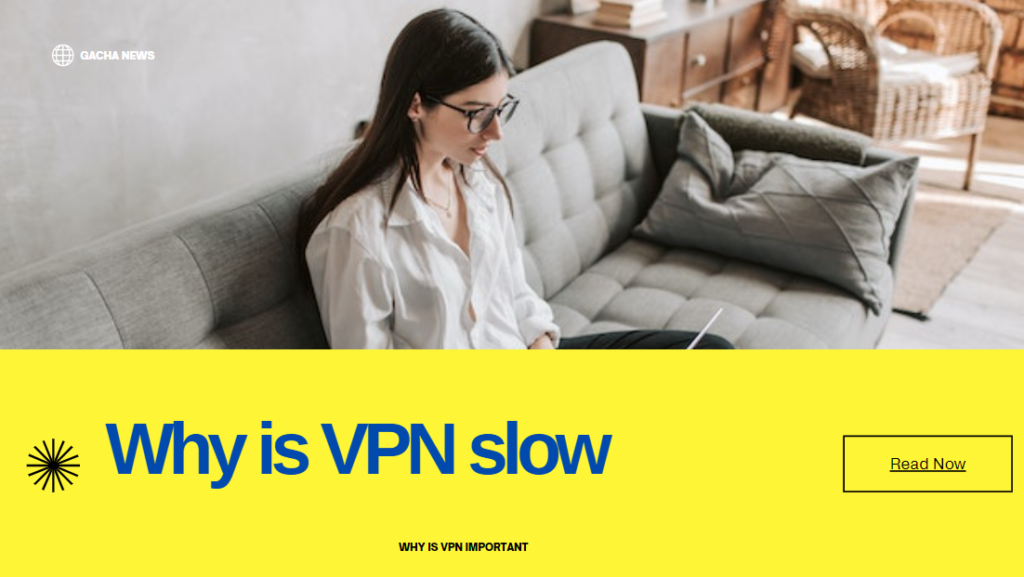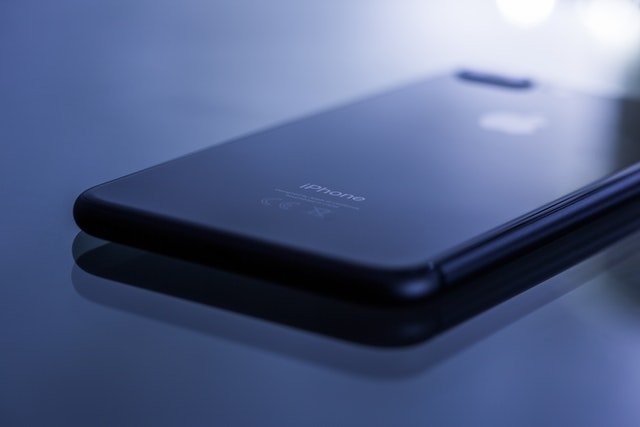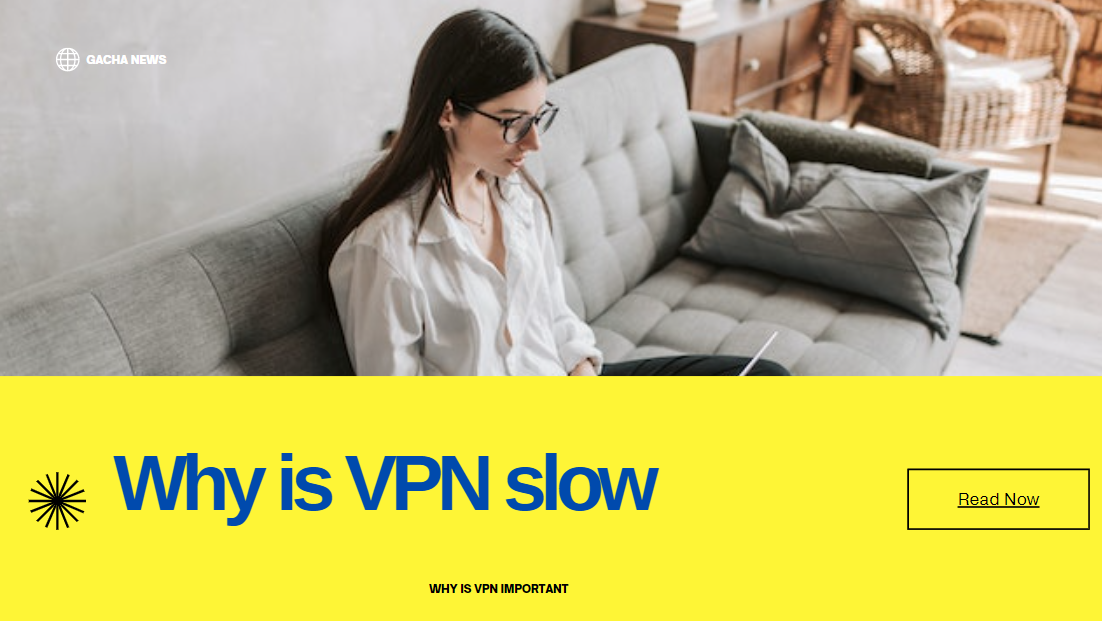Why is VPN slow

VPNs are a vital tool for privacy and security, especially in today’s world. They can help you browse the internet anonymously and protect your data from prying eyes. That said, VPNs can also be slow. Sometimes they can be downright sluggish, making them difficult to use.
What is a VPN?

VPNs are a valuable tool for protecting your privacy and security online. When you use a VPN, all of your traffic is routed through the VPN server. This helps protect your identity and keeps your data safe. VPNs can also increase your online speed.
How VPNs work
VPNs work by encrypting all of your traffic and sending it through a remote server. This prevents anyone from spying on what you’re doing online and makes sure that your data is transmitted quickly and securely.
Why is a VPN Slow?
VPNs work by encrypting all the data that passes between your computer and the VPN server. This means that any data passing between those two devices is encrypted, and unless both parties are using a compatible encryption algorithm, it’s difficult for either party to decipher what was sent.

When a data packet passes through an unencrypted network, it can easily be intercepted by third parties such as hackers or government agencies. A hacker who has access to your traffic as it crosses the internet may be able to see your browsing history, passwords, banking information, and much more. In addition, if your ISP is tracking your online activity in some way (e.g., through cookies), they will also be able to see all of the traffic passing through your VPN connection.
A VPN slowdown is usually caused by one of two things: the first is that the VPN server is unable to keep up with the demand placed on it by your device. This can be due to a number of factors including heavy usage, poor network conditions, or a lack of resources on the VPN server itself.

The second reason is that the encryption process used by a VPN can cause data packets to take longer to reach their destination than normal. This delay can be due to many different factors including distance traveled, congestion at intermediate points along the path, and the specific encryption protocol being used by the VPN provider.
Why is VPN slow?
VPNs are often slow because they encrypt all traffic, including data that’s necessary for the VPN to work. This slows down everything else on your computer. In addition, VPNs can also cause your internet connection to use more bandwidth, which can also slow down your computer.
How to speed up your VPN connection

There are a few things that you can do to speed up your VPN connection. First, be sure that your computer is equipped with the right hardware. Some newer computers come with built-in VPN support, but if not, you may need to purchase a VPN tunneling adapter.
If your computer doesn’t have a built-in VPN support, you may be able to use a Virtual Private Network (VPN) service. Many ISPs now provide their customers with access to quality VPN services. OpenVPN is one of the most popular VPN protocols and it is available for both Windows and Mac OS X platforms.
Another option for speeding up your VPN connection is to connect using a proxy server. A proxy server acts as a middleman between your computer and the internet. This can help to reduce the load on your regular ISP’s servers and hide your identity from anyone who tries to track your online activities.
